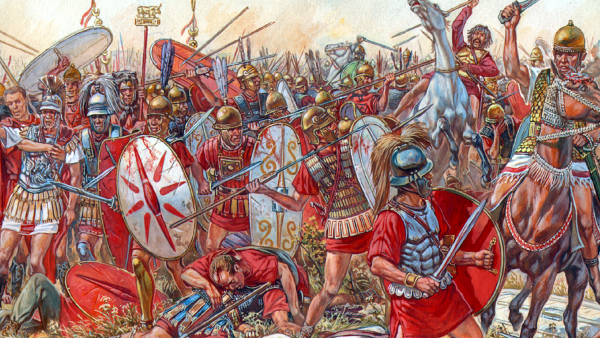Home › Forums › News, Rumours & General Discussion › Using Technology and Apps in Table Top / Board games / RPG. Good or Bad ? › Reply To: Using Technology and Apps in Table Top / Board games / RPG. Good or Bad ?
Tech in our hobby can be beneficial. List building, a quick search through a PDF for a certain part of the rules or even doing lighting and smoke on miniatures and terrain. Teaching how to play and enable and enjoyable solo play mode. Keeping track of a campaign and it’s progress or even leagues for games like Blood Bowl. All those are good.
Getting rules updated on the fly, having errors corrected and rules clarified. Also good even though I still like the physical aspect of a book or binder more.
Software/Tech being mandatory to play a game is bad IMHO. And I’ve been over my reasons a couple of time and I know I’m far onto the old Grognard spectrum with this. But simple games like “Atmosphere” with a VHS tape. Nobody thought you wouldn’t be able to play that any time “soon” and yet here we are where almost nobody has a VCR any more. And you need to rely on people having ripped the VHS to a digital format you can still use today. And that’s the easy part of tech. Once there is a dedicated app it’s a ticking countdown. At some point the owner of the app will stop updating it, it might be removed from the software stores and (sooner or later) it will stop running on you fancy new device.
And yes, there*might* be a community or an individual who will try to keep it running but that is not guaranteed to any degree. Any game (tabletop, miniature wargaming, RPG or what have you) that doesn’t rely on any sort of tech could be pulled from the shelf in 100 years and still be played. (Unless the pages have fused due to some vomit or glue incident).
Tech in gaming should only be supportive, not mandatory. My two cents.
I really need more coffee.
Attempt 6 to post.







































































